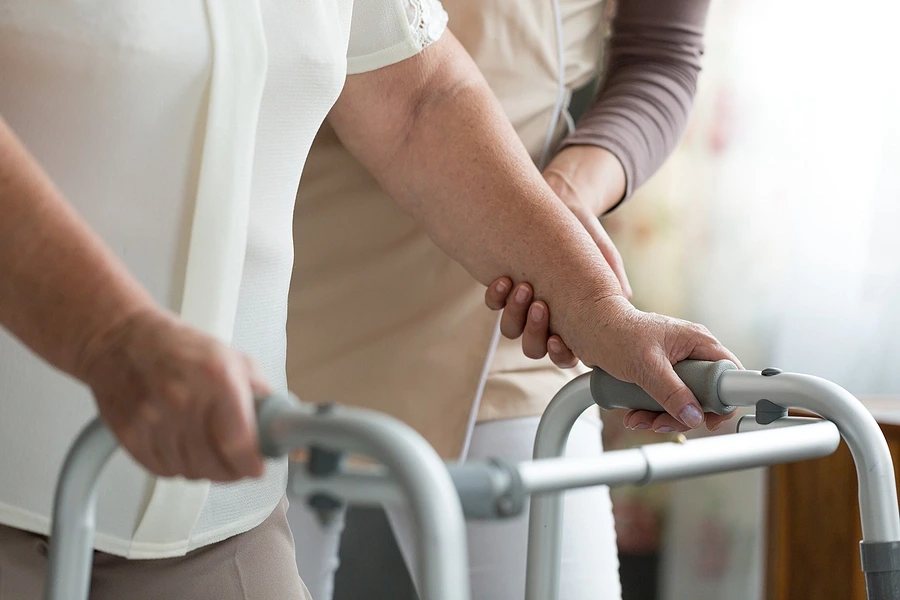Elder Abuse Laws in South Carolina: Protecting Vulnerable Seniors

Elder abuse is a grave concern affecting vulnerable seniors across South Carolina. Recognizing the signs of abuse and understanding the legal protections available are crucial steps in safeguarding elderly loved ones. This blog explores the laws governing elder abuse in South Carolina, the types of abuse seniors may face, and how families can take action to protect their elderly relatives.
Types of Elder Abuse
Elder abuse encompasses various forms of mistreatment and neglect inflicted upon seniors. Common types include:
- Physical Abuse: Inflicting physical pain or injury, such as hitting, pushing, or restraining.
- Emotional Abuse: Verbal assaults, threats, intimidation, or isolation that cause mental anguish.
- Financial Exploitation: Misuse or theft of an elder’s money, property, or assets by caregivers or others.
- Neglect: Failure to provide essential care, including food, water, shelter, medical care, or protection.
- Sexual Abuse: Non-consensual sexual contact or exploitation of elderly individuals.
Legal Protections for Seniors in South Carolina
In South Carolina, several laws and regulations aim to protect seniors from abuse and neglect:
- Adult Protective Services Act: This law mandates reporting and investigation of suspected abuse, neglect, or exploitation of vulnerable adults, including seniors.
- Long-Term Care Ombudsman Program: Ombudsmen advocate for residents of nursing homes and assisted living facilities, ensuring their rights are protected and addressing complaints of abuse or neglect.
- Criminal Penalties: Perpetrators of elder abuse can face criminal charges under state laws, depending on the severity of the abuse and its consequences.
Signs of Elder Abuse
Identifying signs of elder abuse can be challenging but crucial for intervention:
- Physical Signs: Unexplained injuries, bruises, burns, or broken bones.
- Emotional Signs: Withdrawal, depression, anxiety, or sudden changes in behavior.
- Financial Signs: Unexplained withdrawals, missing valuables, or sudden changes in financial situation.
- Neglect Signs: Poor hygiene, malnutrition, untreated medical conditions, or hazardous living conditions.
- Behavioral Signs: Fear of caregivers, reluctance to speak openly, or unusual changes in relationships.
Steps to Take If You Suspect Elder Abuse
If you suspect elder abuse in South Carolina, take immediate action to protect the senior:
- Report to Authorities: Contact Adult Protective Services (APS) or local law enforcement to report suspicions of abuse or neglect.
- Seek Medical Attention: Ensure the senior receives necessary medical care and evaluations for any injuries or health concerns.
- Document Evidence: Keep records of any observed signs of abuse, financial transactions, or conversations related to suspected abuse.
- Consult with a Medical Malpractice Attorney: A knowledgeable attorney can provide legal guidance, help navigate reporting procedures, and assist in pursuing civil action against responsible parties if necessary.
Conclusion
Protecting vulnerable seniors from elder abuse requires vigilance, awareness, and timely intervention. By understanding the laws and recognizing the signs of abuse, families can take proactive steps to safeguard their elderly loved ones in South Carolina. If you suspect elder abuse, don’t hesitate to take action and seek assistance from local authorities or a medical malpractice attorney who can advocate for the rights and well-being of seniors. Together, we can ensure that elderly individuals receive the dignity, respect, and protection they deserve.

